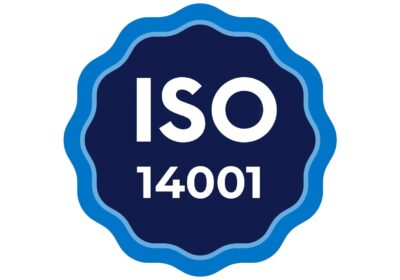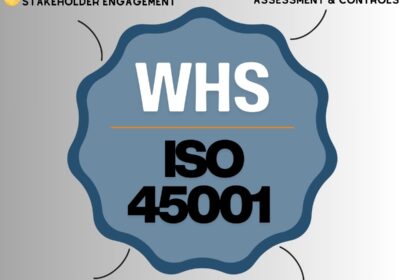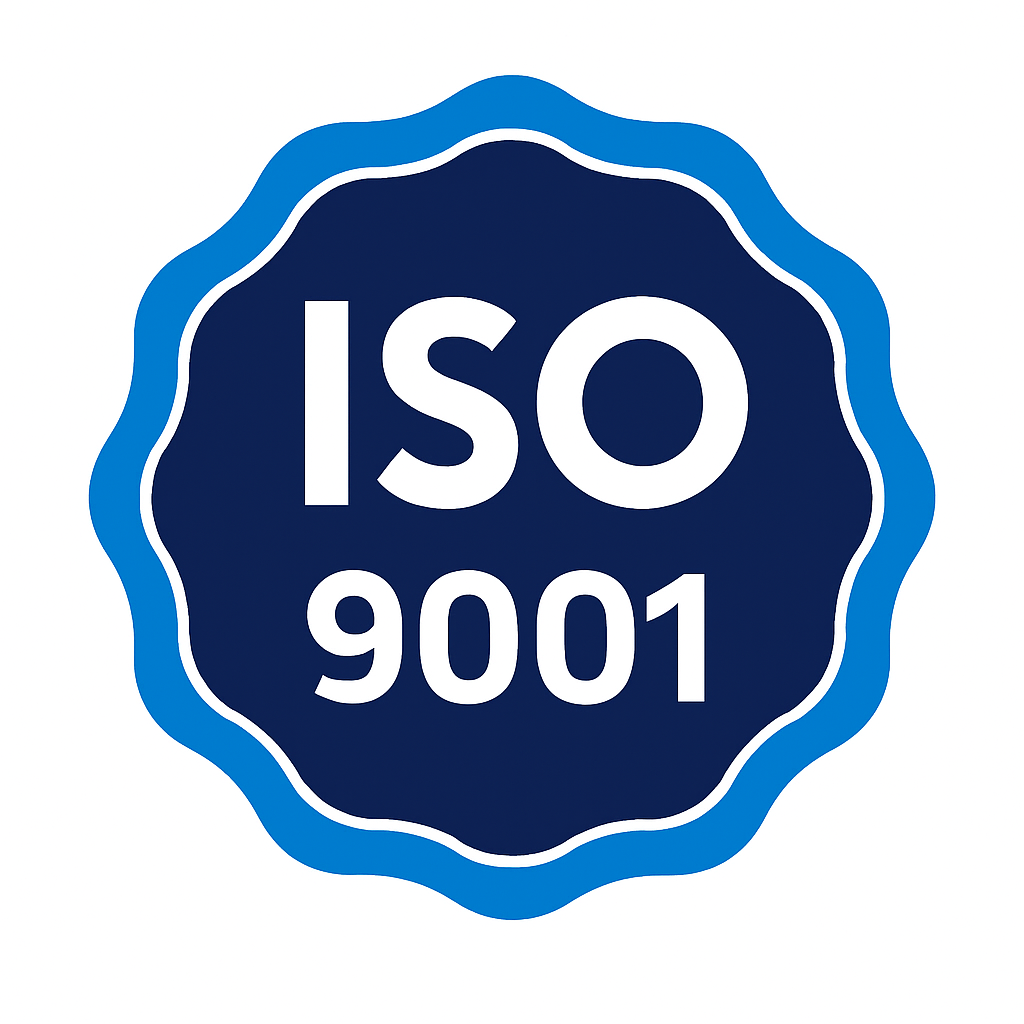Meeting Internal Auditing Requirements in ISO 9001, ISO 14001, and ISO 45001

Internal auditing is a critical component of quality, environmental, and occupational health and safety management systems. It helps organisations ensure compliance with international standards like ISO 9001 (Quality Management), ISO 14001 (Environmental Management), and ISO 45001 (Occupational Health and Safety). In this blog post, we’ll explore how to meet the internal auditing requirements in these three ISO standards effectively.
1. Understand the Standards
Before you start internal auditing, you must have a solid understanding of the ISO standards relevant to your organization – ISO 9001, ISO 14001, and ISO 45001. This includes understanding the standard’s structure, requirements, and key principles. Familiarize yourself with the specific clauses related to internal auditing:
- ISO 9001: Clause 9.2 (Internal Audits)
- ISO 14001: Clause 9.2 (Internal Auditing)
- ISO 45001: Clause 9.2 (Internal Auditing)
2. Develop an Internal Audit Program
A well-defined internal audit program is crucial. Start by creating a schedule for internal audits based on your organisation’s needs and the requirements of the standards. Ensure that audits cover all relevant areas, processes, and functions within your organisation.
3. Select Competent Auditors
Competent auditors are the cornerstone of successful internal audits. Make sure your audit team is well-trained, experienced, and knowledgeable about the standard being audited. It’s also beneficial to have a mix of internal and external auditors for a fresh perspective.

4. Prepare Audit Checklists
Audit checklists serve as roadmaps during the audit process. Develop comprehensive checklists that align with the requirements of ISO 9001, ISO 14001, and ISO 45001. These checklists will guide auditors in assessing compliance and identifying non-conformities.
5. Conduct the Audits
During the audit, auditors should follow a systematic approach:
- Opening Meeting: Start with an opening meeting to explain the audit process, objectives, and scope to the auditees.
- Fieldwork: Collect and analyze evidence to determine conformity and identify areas for improvement.
- Interviews: Interview employees to gain insights into processes, procedures, and compliance.
- Document Review: Examine relevant documents, records, and procedures.
- Non-Conformity Reporting: Record any non-conformities or areas of concern.
- Closing Meeting: Summarize findings, discuss non-conformities, and provide recommendations.
6. Address Non-Conformities
Non-conformities are deviations from the standard’s requirements. They must be addressed promptly. Create corrective action plans to correct the root causes of non-conformities and prevent their recurrence. Ensure that these corrective actions are documented and implemented.
7. Maintain Records
Accurate record-keeping is essential for audit traceability and to demonstrate compliance. Maintain detailed audit records, including checklists, reports, corrective actions, and evidence of their completion.
8. Review and Continually Improve
Periodically review your internal audit program to ensure its effectiveness. Evaluate the audit process, auditors’ performance, and the outcomes. Continually improve your internal audit program based on feedback and lessons learned.
9. Stay Informed
Stay updated with changes in the ISO standards, as they may evolve over time. Ensure that your audit program reflects the latest requirements and best practices.
Conclusion
Meeting the internal auditing requirements in ISO 9001, ISO 14001, and ISO 45001 is vital for maintaining and improving the quality, environmental, and occupational health and safety aspects of your organisation. By following the steps outlined in this blog post, you can establish a robust internal audit program that not only ensures compliance with these standards but also drives continual improvement throughout your organisation. Remember that successful internal auditing is an ongoing process, and a commitment to excellence is key to achieving long-term success.
If you would like help with your internal audits, a review of your process, or just want to outsource the whole thing, contact us to see how we can help – info@auditco.com.au or 1300 706 491
Related Posts

ISO 14001 and Your Bottom Line – Environmental Compliance That Pays Off
ISO 14001 and Your Bottom Line - Environmental Compliance That Pays Off Environmental management …

Building a Safer Workplace – How ISO 45001 Strengthens Your WHS Program
Building a Safer Workplace – How ISO 45001 Strengthens Your WHS Program. Injuries,…

ISO 9001 as a Business Improvement Tool – Not Just a Certificate
ISO 9001 as a Business Improvement Tool – Not Just a Certificate ISO…
